Alex Casey chats to Paul Cleave about bringing his bestselling novel to the small screen, and the challenges of being a crime fiction writer in Aotearoa.
Legend tells of a scene in crime novel The Cleaner so graphic that one reader passed out while reading it on a plane and, when he finally came to, vomited all over his pants and shoes. The queasy moment in question involves pliers, a scrotum and a lot of blood, and those watching the TV adaptation wouldn’t have missed it at the start of episode two. “You’ll be like, ‘I cannot believe what I’m looking at’,” Cleave laughs. “‘I can’t believe someone put this on TV’.”
You might also have a question that Cleave is very used to hearing by now: “what kind of person writes this stuff?”
The answer, he says, is the same kind of person who reads it. Or, in his specific instance, the kind of person that stays up till 1.30am watching B-grade horror movies, and has a lifelong goal to throw the same Frisbee in every country he visits (“58 countries so far. And I think by the end of this year, we’ll be getting up towards 70”). Somewhere in all of that, he’s also found time to write 14 crime novels, including Dark City: The Cleaner, now a Sky Original series.
Cleave originally wanted to write horror, but had a revelation after reading John E. Douglas’s Mindhunter – real life is horror. “Everything I learned about serial killers is in that book,” he says. “And then I thought ‘hey, let’s just have the killer work for the police as a janitor’.” That first novel, The Cleaner, was written when Cleave was just 22 years old. Published in 2006, it became an international bestseller, one of the top-selling New Zealand books in history.
There’s an easy parallel to be drawn between it and Dexter, the mid-2000s TV series following a blood spatter analyst who kills baddies once he’s off the clock, but Cleave says The Cleaner is different in its perspective. “Dexter is killing bad people, so you’re on his side. But Joe [the janitor] is killing good people and somehow you’re still on his side.” Played in the series by Cohen Holloway, Joe’s narration traps the viewer inside his mind, making the show’s morals feel murky.
What also makes The Cleaner stand out is the setting: Ōtautahi, Christchurch, where Cleave was born and has spent almost all of his life. “It has a real dual quality to it which makes it such a fantastic city to write about,” he says. Growing up in the quiet middle class suburb of Redwood, where he still lives today, Cleave recalls instances of getting “the shit kicked of me by a bunch of skinheads” and getting constantly abused on the road for riding a bike.
“The darkness was always there, but I didn’t always see it,” he says. “It can be a pretty cruel city to a lot of people.”
Despite setting many of his novels in the back alleys and sleepy suburbs of Christchurch, Cleave says it’s not likely he’ll ever write about the earthquakes. He had been working on his first horror novel in 2011, the opening scene of which involved an earthquake during a wedding in Christchurch Cathedral, when the devastating February quake hit. “There is no way I will ever finish that or use it as an opportunity for a story, I think that would be poor taste,” he says.
Cleave’s other rule when it comes to crime writing: nothing lifted directly from real life. He harbours a particular disdain for the Netflix true crime mill: “These were real people with real lives and real friends and real family, and I hate the way they are making money off it and packaging it up and selling it again and again.” So, he avoids pulling from the headlines at all costs. “My job as an author is to make something up from scratch.”
Where that logic gets slightly fuzzy is when it comes to violence towards women on the page – not something unique to Cleave as a crime fiction writer, but an increasing source of conversation in recent years. Notably, Cleave says that a TV version of Dark City: The Cleaner, which sees multiple women, including sex workers, killed by the Christchurch Carver, was “locked in” with a UK production company in 2017, but scrapped in the midst of #MeToo.
“It all fell apart, we lost it,” he says. “It was a great movement, of course, but it got a lot of other things caught up in it.” So how does he justify the gendered killing, personally? “I’m paraphrasing [renowned feminist crime writer] Val McDermid here, but she said something like, when men stop killing women in real life, she’ll stop writing about it,” says Cleave. A fair point, albeit one that holds slightly more weight coming from a woman than a man.
“It’s tough, because you don’t always want to be the guy who’s always killing women in his books and TV shows, but you also have to be true to real life as well,” Cleave continues. “It’s a tough balance, and I don’t know how to get it right.”
Given that nearly 20 years have passed since The Cleaner was published, Cleave says that adapting the novel for the screen did provide an opportunity to alter some of the choices he made at 22. “At almost 50 now, I should be a better writer and I think I have learned a lot. I have certainly balanced it more,” he says. “For example all the violence you’ll see is going to be towards men. And the very worst stuff you’ll see in the show always happens to Joe.”
Bringing the arrival of Joe’s unhinged counterpart Melissa, played by Chelsie Florence, from halfway through the book into the first episode also goes some way to shifting the dynamics. “That’s when it goes from being about a serial killer to a guy who’s suddenly under the thumb of this complete psychopath,” says Cleave. “Chelsie made Melissa a real livewire and you just never know what she’s going to do next.”
He admits to having a complicated relationship with his debut book, which still remains his biggest seller and most beloved two decades after publishing. “It’s a very nice thing to have written a book that so many people love, but 20 years later, my new books will come out and people will say ‘yeah, like the book, but I still love The Cleaner the most’,” he says. “I don’t think anyone wants to really hear that their best work at any job was in their first year.”
What Cleave is heartened by is the growth of local crime fiction in the last two decades, referring to the early 2000s as feeling like he was “in the trenches” with the likes of fellow local crime writers Vanda Symon and Paul Thomas. “We just felt like we were always battling uphill,” he says. “You’d go into any bookshop and you just would not find your book anywhere. And, if you did, it would be hidden like it was in the porn section at the video shop.”
Still, he’s “all over the map” when it comes to how crime fiction is regarded by the literary world. “There are days where I’ll be like, “I haven’t had a mortgage since my early 30s, so crime fiction has done a lot for me. But then there will be days where you will put everything into a book, and it feels like nobody here cares because the new such-and-such literary novel is out,” he says. “Some days I have the coolest job in the world and then some days I am fucking done.”
We’re speaking ahead of the premiere of the show, and Cleave sounds nervous about how it will be received. “You just can’t please everyone,” he says. “If you loved the book, I’m really confident you’re gonna love the show. If you didn’t like the book, I wouldn’t even go there.” He’s considering not checking his emails for a while, although it’s not always bad news in his inbox. “My favourite emails are when people say ‘I haven’t read a book in 20 years until your book’.”
“It’s the sweetest thing to realise that there’s someone out there reading again because of you. Those are the moments where you remember that you have the best job in the world.”
Watch Dark City: The Cleaner on Neon










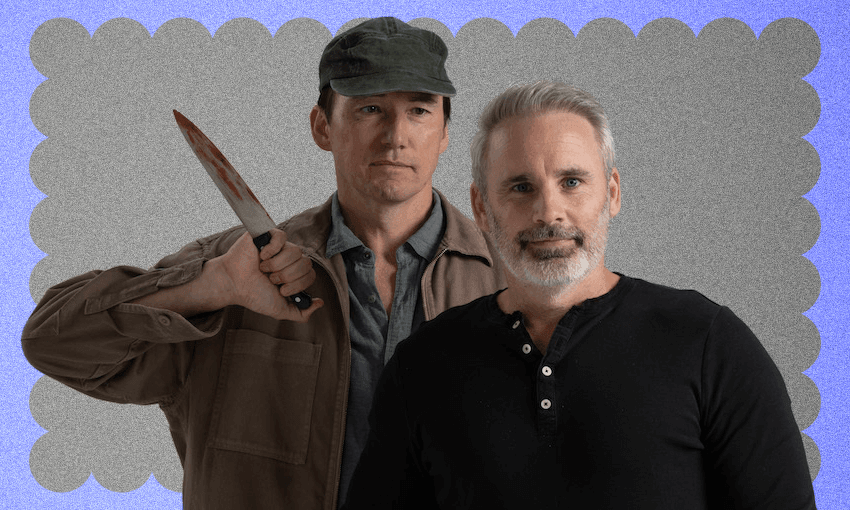
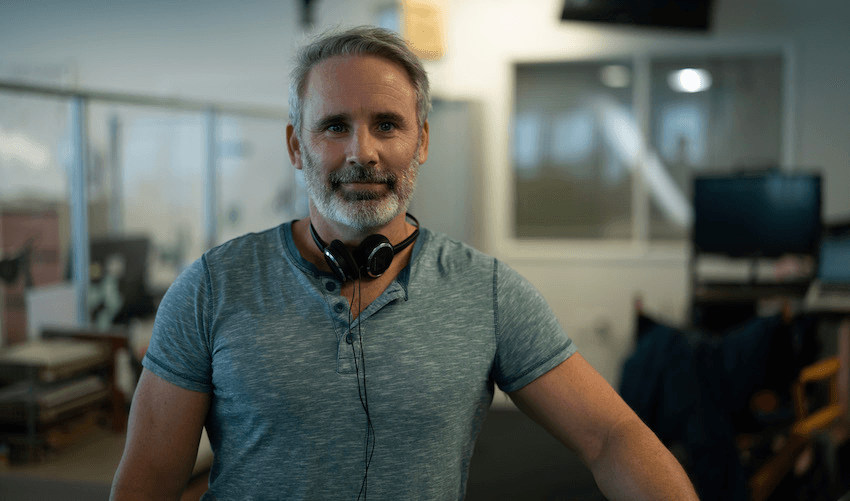
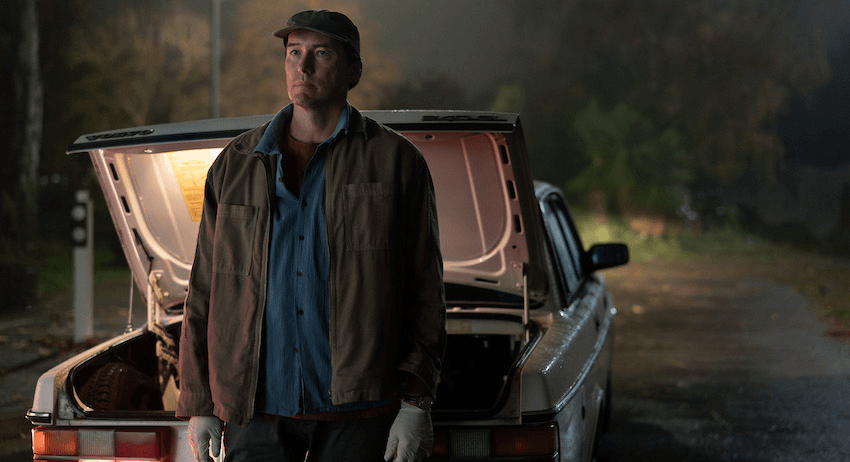
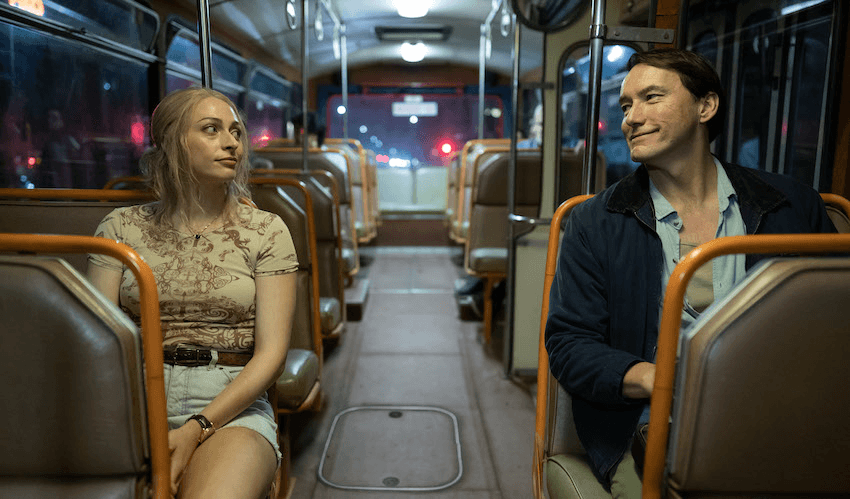
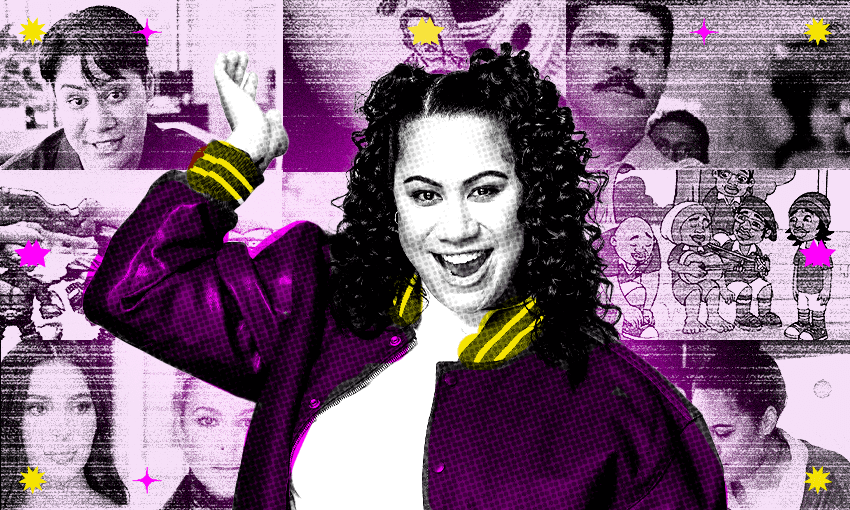

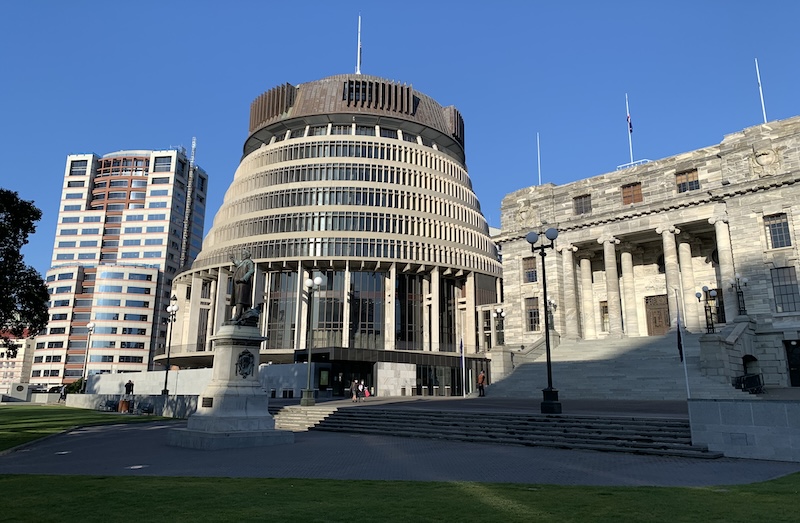


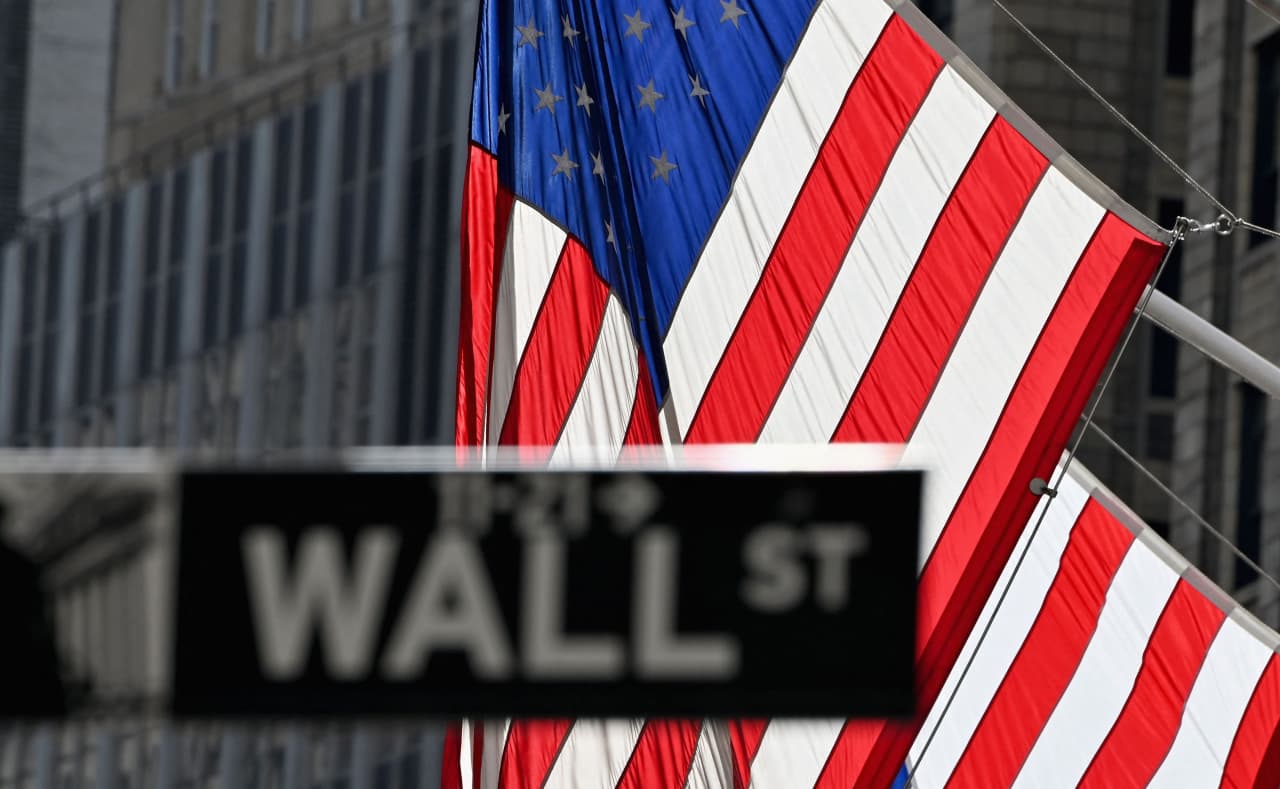
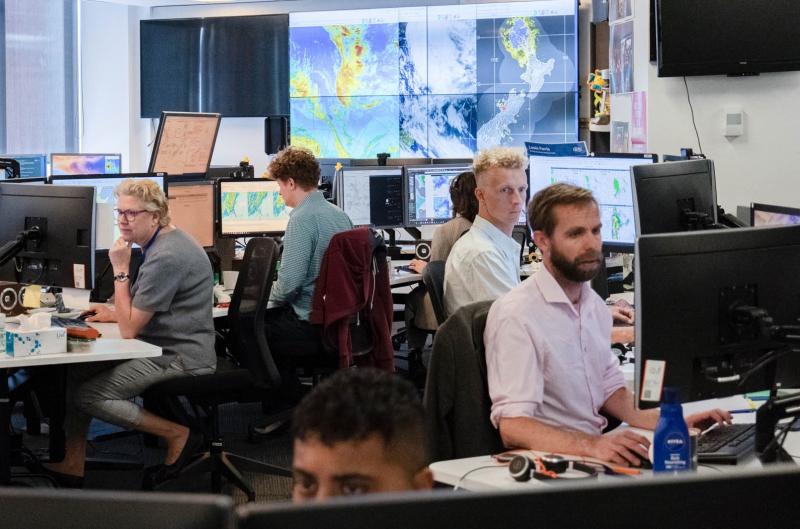

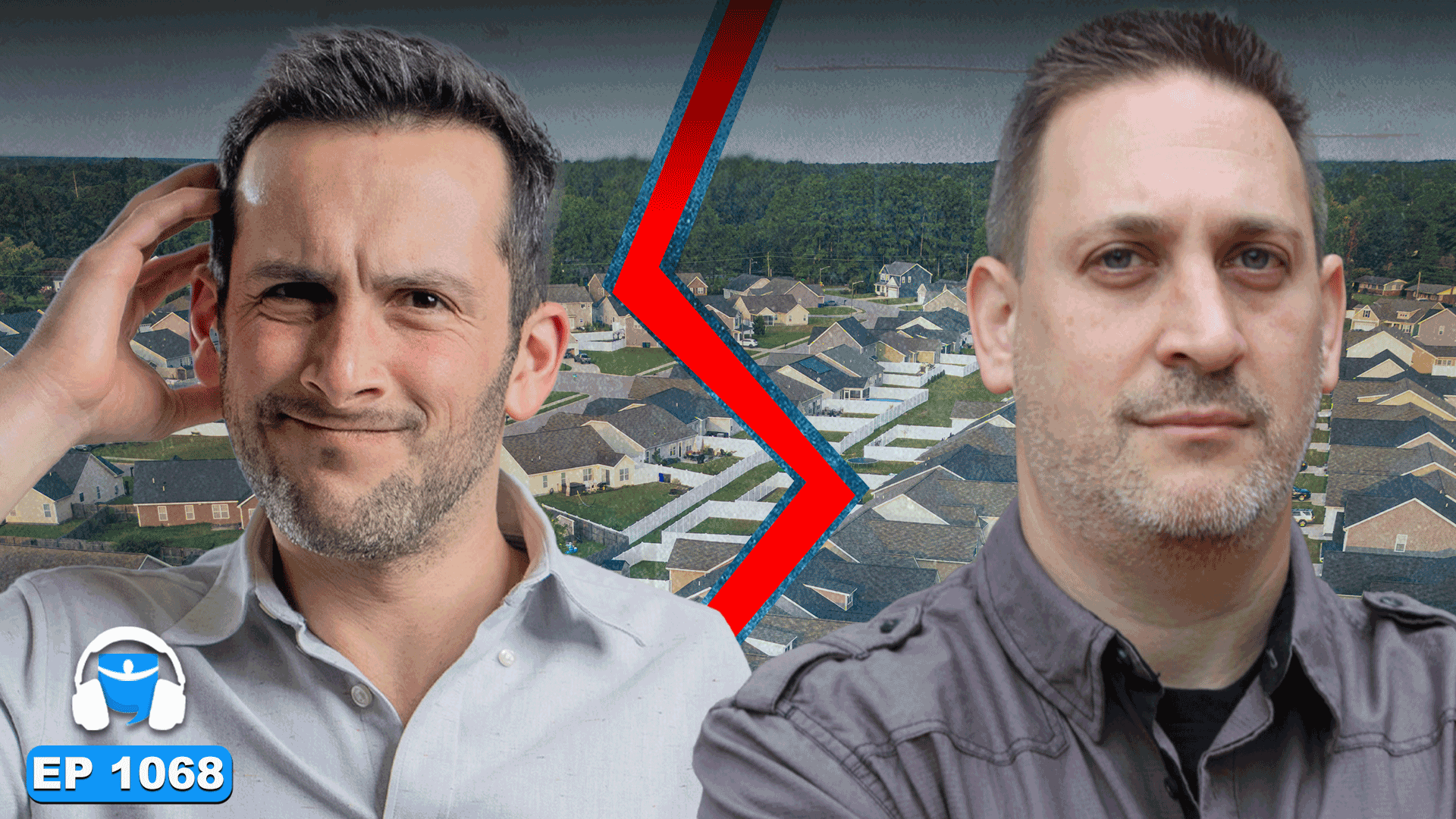

Discussion about this post